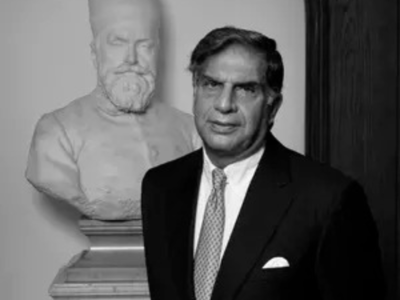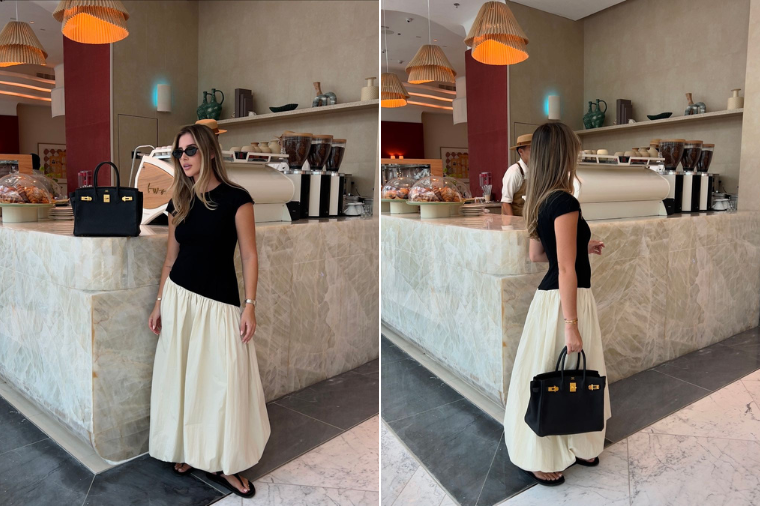There are very few names in the books on modern India's business and retail history that will carry more iconic weight than Ratan Tata. His name often went hand-in-hand with the words 'visionary leadership, an ability to look ahead and gauge potential for markets, and his drive to fundamentally alter the nature of industries.' It thus speaks volumes that the legacy of Tata rests beyond his chairmanship of the Tata Group.
On many counts, such as that of culture and international tastes, one of the profoundst impacts he left on the country was India's romance with global fashion. For all the instances of the Spanish giant, fast-fashion name, Zara, that appears so ubiquitous today in India, its journey here was anything but inevitable. It was a vision of a Tata that saw the latent potential in India's growing middle class and the upcoming demand for international fashion.
His strategic foresight did not only bring Zara to India but also laid down the foundation for a global fashion revolution in a country that had been wrapped in traditional styles and local retailers for years. Tata was the catalyst that completed all gaps between India's heritage wealth and the globalized world of fashion. Retail scenario in India before Zara Indian retail, as a concept, has undergone a sea change since the entry of Zara in 2010.
While international luxury high-end brands like Louis Vuitton, Gucci, and Chanel easily sowed their roots in metropolitan cities like Mumbai and Delhi, the right to f.


















